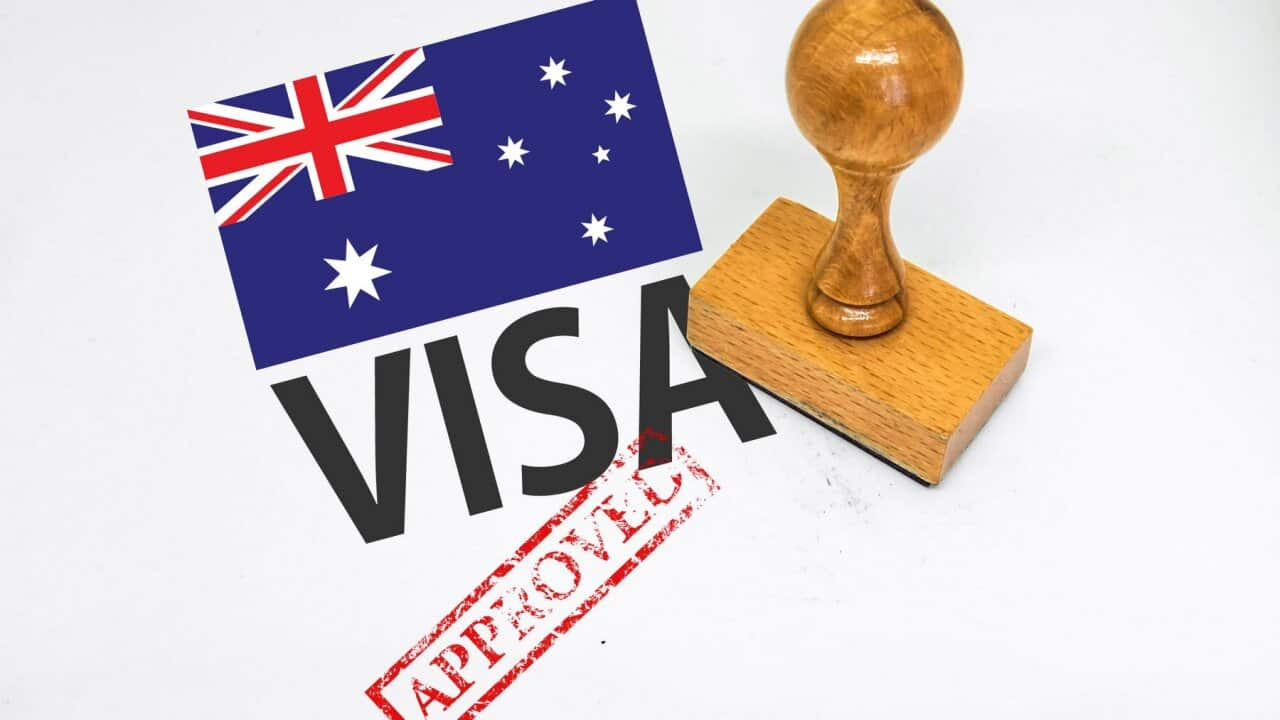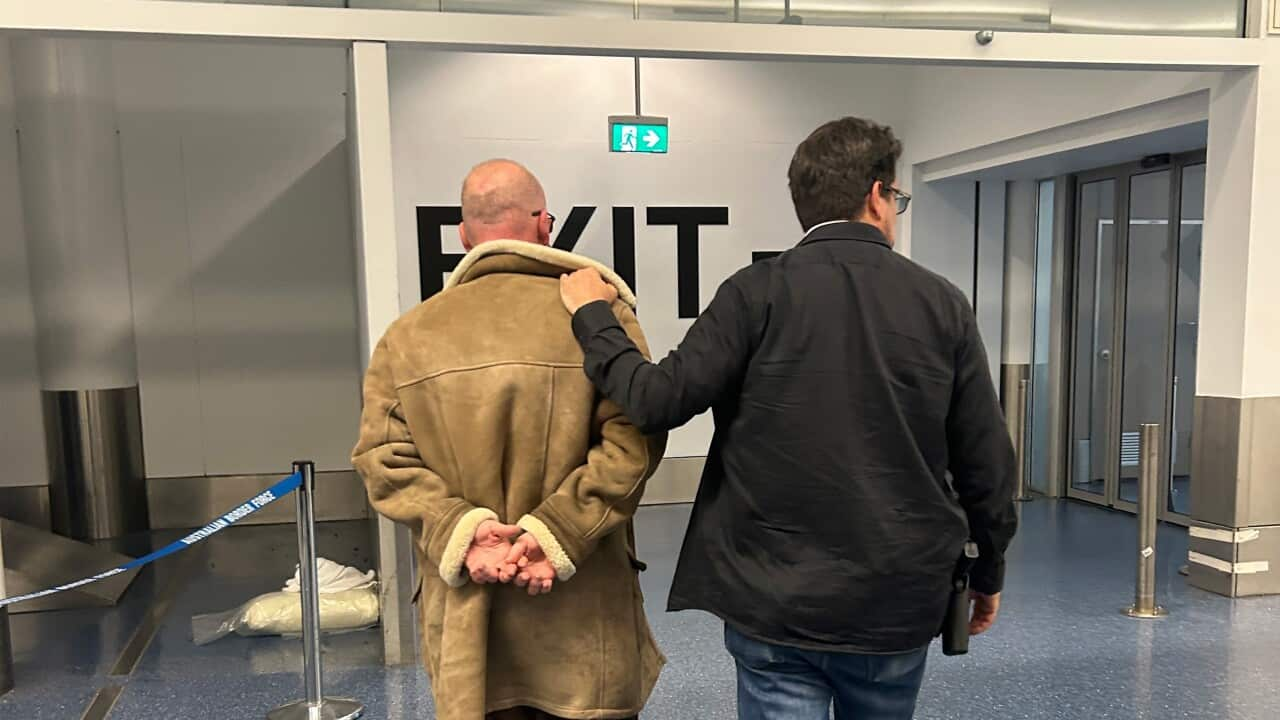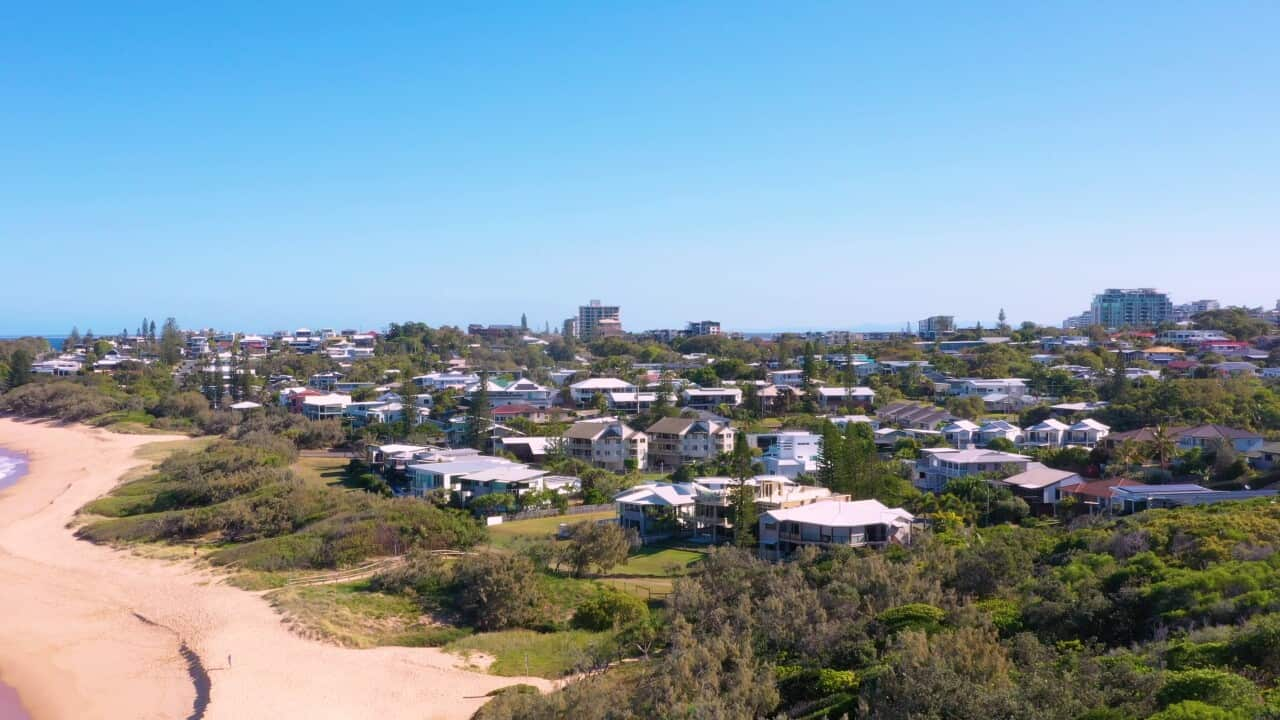The application process for obtaining a visa in Australia for temporary or permanent stay requires an applicant to provide truthful and verifiable information.
While ignoring a previous marriage or avoiding questions about previous overstays may seem harmless, lying to the immigration department can get visa applicants in bigger trouble, regardless of the intention.
Immigration solicitor, Jess Icao, laid out a few examples of how the rules apply.
Providing fake or bogus documents
Mr Icao says he had encountered several cases, where visa applicants have provided bogus employment certificates and bank statements. Case officers do random verification, so it’s important to be honest about the information you provide in visa applications, he said.
If a case officer discovers that an applicant has lied about his application, it casts doubt on everything the applicant has submitted.
If the applicant gets caught, the Department may cancel the visa or sanction a visa ban for three, five, or up to ten years, he said.
Saying ‘you did not know’ or ‘my lawyer did it’ won’t pass as an excuse.
What is a bogus document?
Section 71 of the Migration Act says, a bogus document is a document that: is not actually issued to that person; is counterfeit or has been altered by someone not authorised do so; or was obtained through a false or misleading statement, whether knowingly or unknowingly.
Other examples include:
- Fake identity documents such as passport, birth certificate, or marriage certificate
- Fraudulently obtained qualification or skills assessment, diploma or education certificate
- False claims regarding custody or dependency claims
- Altered work experience (either in Australia or overseas) relating to skilled work
- Digitally-altered photos to support claims of relationship or identity
Providing false or misleading information
If the applicant has been previously refused a visa and failed to disclose that information to the case officer, it could be interpreted as a misleading statement. Mr Icao cited an example where the applicant appealed to the Federal Court of Australia, and he said the Court stood by its decision to deny the applicant visa to Australia.
Other examples include:
- Giving inaccurate statements or information in a declaration
- Omitting relevant information
- Lying about relationships for partner or family sponsored visas
- Submitting a training certificate provided by a non-registered training organisation to support an application
- Providing a false or misleading employment reference to support work experience claims
Failure to disclose health and character information
There are cases where non-citizens or permanent visa holders may get their visa cancelled, either by committing serious crimes, being of bad character or they have failed to disclose certain information about their health and character.
For instance, a visa applicant who has failed to mention that he has a kidney problem and later on decided to get a dialysis treatment when he arrived in Australia, the Department may cancel the applicant’s permanent visa grant, if found that he had lied about his medical condition.
Applicants are obliged to disclose such information, Mr Icao said.
When to seek an expert’s advice
If you are having trouble filling out immigration forms, or you’re not that confident to attend an interview, or you just don’t know how to respond or explain your answers, consult with a lawyer or a registered migration agent.
The lawyer or migration agent will be able to break down the next steps and explain the process fully to you.
ALSO READ
READ MORE

How to avoid visa-related scams
Disclaimer: This article is for general information only. For specific visa advice, people are urged to check with the Department of Home Affairs or contact a trustworthy solicitor or registered migration agent in Australia.




